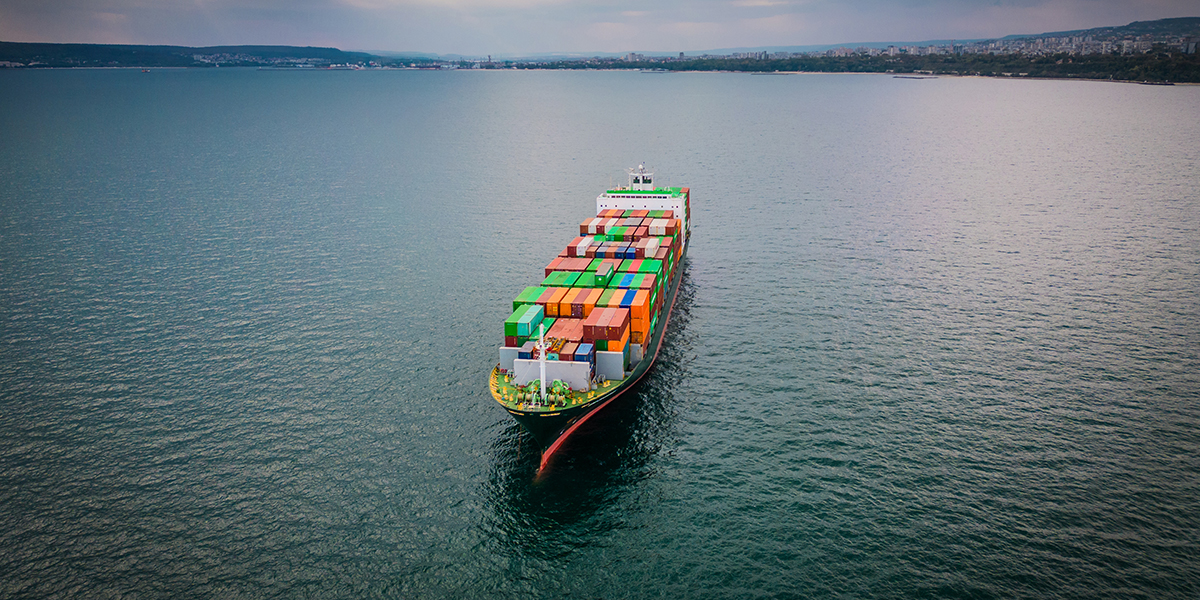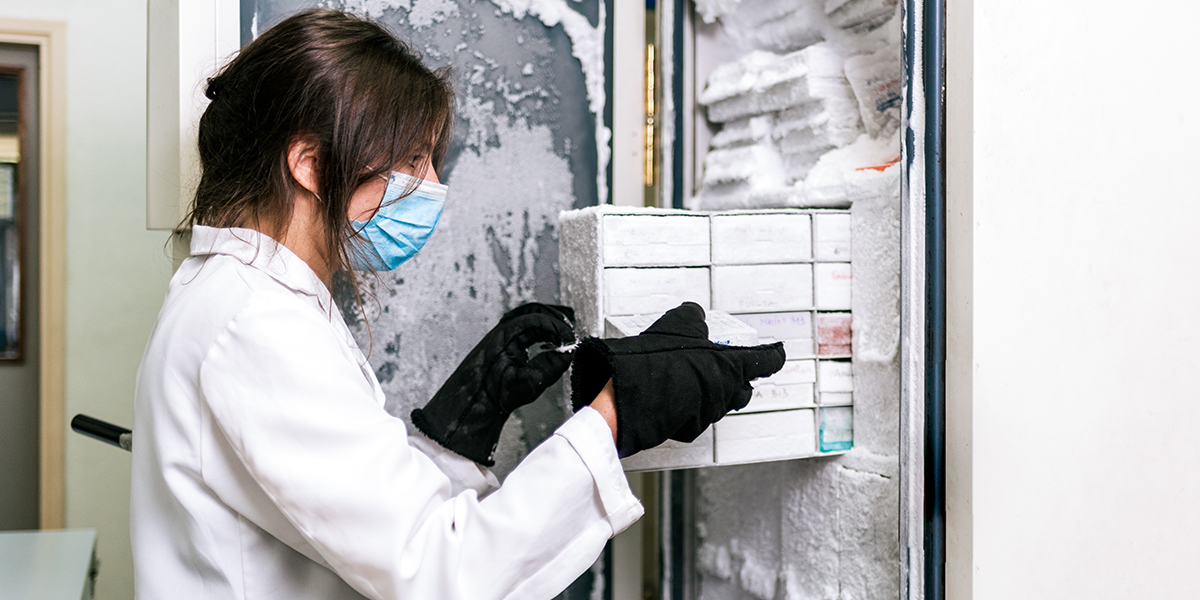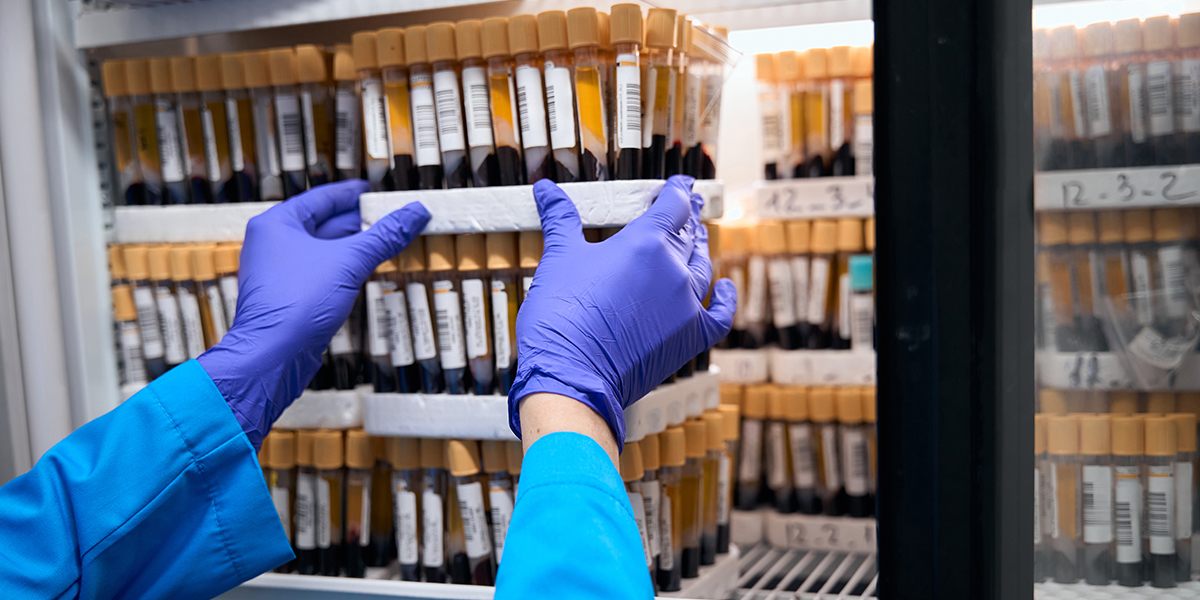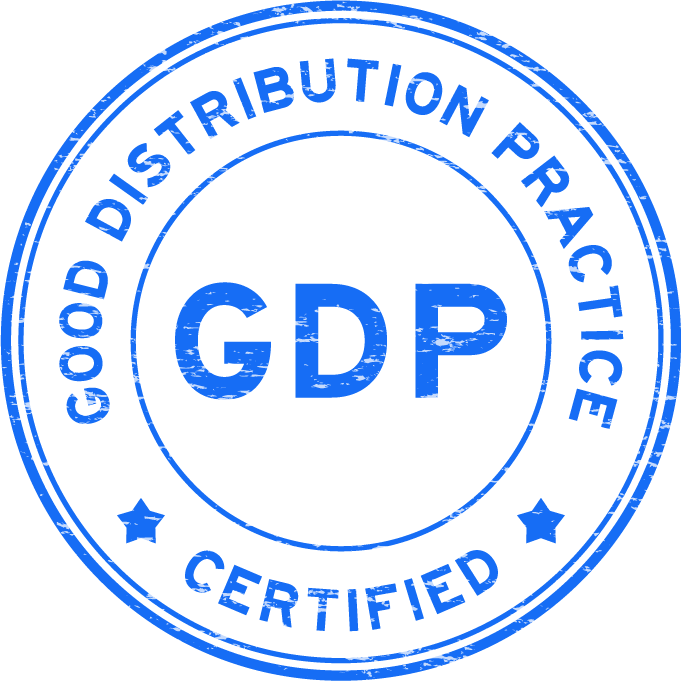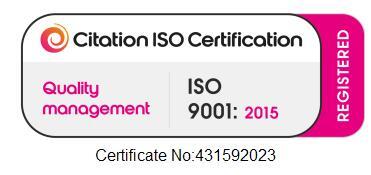Shipping temperature-sensitive goods such as biopharmaceuticals and clinical trial materials requires a high level of precision and oversight. One of the most crucial aspects of this process is ensuring compliance with stringent regulatory requirements that govern the transportation of these sensitive products. From temperature control to customs clearance, effective cold chain management hinges on adhering to regulatory standards.
At CoolReach Logistics, we understand that ensuring the integrity of pharmaceutical products during international transport goes beyond maintaining the correct temperature. It also requires managing and navigating the complex landscape of global cold chain regulatory support and customs clearance. In this blog, we will delve into the regulatory challenges faced during cold chain shipping, why they are critical to biopharmaceutical logistics, and how CoolReach supports clients in meeting these requirements.
The Regulatory Landscape for Cold Chain Management
The transportation of temperature-sensitive goods such as vaccines, biological samples, and clinical trial materials is subject to a wide array of regulations that differ from country to country. These regulations are in place to ensure that these products are transported in a way that maintains their integrity and safety throughout the supply chain.
The regulatory landscape for cold chain management can be complex, with multiple governing bodies involved in establishing and enforcing guidelines. These regulations are designed to ensure the effective cold chain is maintained and that the products remain viable and safe for use.
Key Regulatory Frameworks Governing Cold Chain Shipping
Some of the most important regulatory guidelines that govern cold chain management in the transportation of biopharmaceuticals include:
- Good Distribution Practice (GDP)
GDP ensures that pharmaceutical products are stored, transported, and handled in a manner that maintains their quality and integrity. GDP guidelines mandate specific temperature ranges for certain products, along with the use of temperature-controlled packaging and monitoring systems during transit. - Good Manufacturing Practice (GMP)
While GMP primarily focuses on the manufacturing of biopharmaceutical products, it also extends to the storage and transportation processes, especially when it comes to maintaining product stability and compliance with regulatory requirements. - FDA, EMA, and WHO Regulations
Regulatory bodies such as the FDA (Food and Drug Administration), EMA (European Medicines Agency), and the World Health Organisation (WHO) set forth guidelines that must be followed for the international transport of pharmaceutical goods. These regulations often outline acceptable temperature ranges, packaging standards, and required documentation for shipments.
Importance of Compliance in Cold Chain Management
Failure to comply with these regulatory requirements can lead to severe consequences, including delayed shipments, financial penalties, or even the destruction of compromised goods. Moreover, non-compliance can result in the loss of regulatory approval for a product, especially for clinical trials. This makes understanding and adhering to global regulations a key aspect of cold chain management for pharmaceutical shipments.
The Role of Regulatory Support in Cold Chain Logistics
Given the complexities involved, regulatory support is essential for ensuring that cold chain management functions smoothly and in compliance with the necessary guidelines. Here’s how regulatory support helps at each stage of the shipping process:
1. Pre-Shipment Compliance Assessment
Before shipping begins, it’s critical to assess the regulatory requirements specific to the product and the destination country. This includes:
- Determining the Temperature Requirements: Ensuring that the product’s temperature-sensitive nature is fully understood and appropriately managed during transit.
- Identifying Documentation Requirements: Regulatory bodies often require specific documents for importation, including certificates of origin, temperature monitoring reports, and compliance declarations.
- Customs Duties and Taxes: Ensuring that all applicable import/export duties and taxes are accounted for to prevent delays at customs.
2. Packaging and Temperature Control Compliance
Ensuring that cold chain transport adheres to regulatory standards involves using temperature-controlled packaging and tracking systems to monitor the product’s condition throughout the journey. Regulatory support helps in ensuring that:
- Temperature-Controlled Packaging: The use of insulated containers, thermal blankets, and cold storage solutions that maintain the required temperature range throughout the shipping process.
- Real-Time Temperature Monitoring: Regulatory authorities often require temperature data logs during transit. Cold chain technologies such as data loggers and RFID systems are used to track and report on the temperature-sensitive goods in real-time, ensuring compliance with guidelines.
3. Customs Clearance Support and Documentation
As shipments move through borders, customs clearance can often present challenges. Regulatory support is critical in this area to ensure:
- Proper Documentation: Preparing and submitting required paperwork such as commercial invoices, import/export licenses, and temperature monitoring reports to ensure smooth clearance.
- Navigating Customs Regulations: Different countries have specific customs regulations for biopharmaceutical products. Ensuring these are understood and adhered to helps prevent delays and disruptions.
- Managing Import/Export Duties: Regulatory support helps in accurately determining import/export duties to avoid unexpected costs that could delay the shipment.
4. Ongoing Compliance During Transport
Once shipments are in transit, it’s vital to maintain regulatory compliance. This requires continuous monitoring of the cold chain transport process, ensuring that temperature-controlled conditions are maintained and any deviations are immediately addressed. Real-time visibility into the shipment ensures that potential issues can be identified and corrected promptly.
How CoolReach Logistics Supports Regulatory Compliance
At CoolReach Logistics, we specialise in providing regulatory support to ensure that every aspect of cold chain management is compliant with global standards. Our expertise in customs clearance for biopharmaceuticals, as well as our use of cold chain technologies, ensures that your temperature-sensitive materials arrive at their destination in optimal condition.
Key Ways We Support Regulatory Compliance:
- Pre-Shipment Assessment: We help you understand the regulatory requirements for your specific product and destination, ensuring all necessary documentation is in place.
- Temperature-Controlled Packaging & Monitoring: We provide cold storage solutions and real-time tracking to ensure that your shipments meet temperature-sensitive requirements throughout transit.
- Customs Clearance Assistance: Our team helps navigate complex customs regulations, providing comprehensive support for accurate documentation, tariffs, and taxes.
- Regulatory Reporting: We offer regular reports to demonstrate regulatory compliance in logistics, helping you maintain the integrity of your shipments and avoid delays.
Conclusion
In the world of cold chain management, ensuring regulatory compliance is not just about meeting legal requirements—it’s about protecting the integrity of the product and ensuring that it reaches its destination in the best possible condition. Whether you’re shipping biopharmaceuticals, clinical trial materials, or other temperature-sensitive goods, regulatory support is an essential element of successful international logistics.
At CoolReach Logistics, we combine our expertise in cold chain management with in-depth knowledge of global regulations to provide end-to-end support for your shipments. By partnering with us, you can rest assured that your products will meet all regulatory compliance standards and reach their destination on time, in full compliance with customs and temperature requirements.



